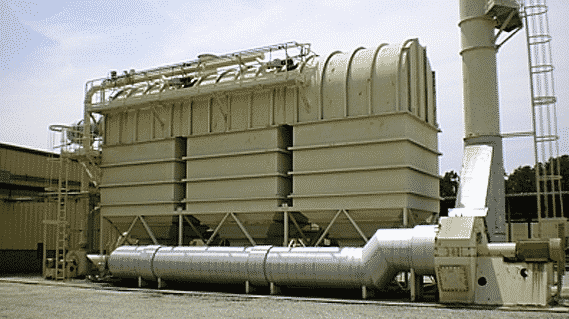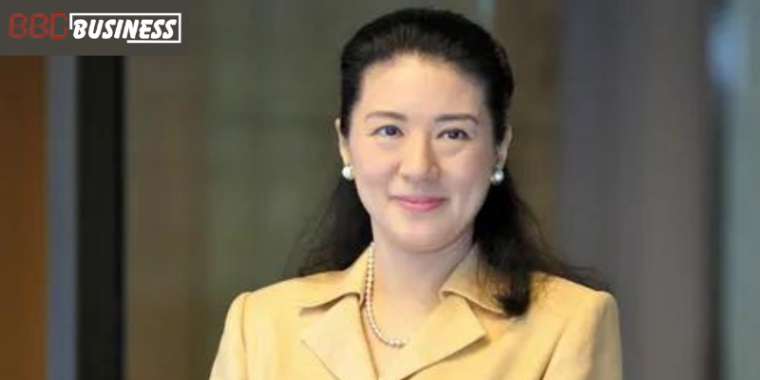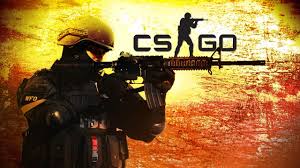Are you curious to learn more about the world of NFT Developers? If so, then this blog post is for you! This post will provide an overview of NFT Developers, including what they do, how they work, and the tools they use. We’ll also discuss the various opportunities available for those looking to become an NFT Developer, and the skills and knowledge needed to succeed in this rapidly growing field. By the end of this post, you’ll have a better understanding of NFT Developers and the potential for creating amazing digital experiences.
What does an NFT Developer do?
An NFT Developer is responsible for creating and deploying decentralized applications (DApps) and blockchain-based products related to non-fungible tokens (NFTs). These DApps are built on top of existing blockchains like Ethereum or Tezos, or completely new networks such as Cardano or Polkadot. The developer must be well-versed in programming languages like Solidity, Vyper, Rust, and JavaScript, as well as the corresponding development frameworks.
NFT Developers need to understand how NFTs work and what features they can offer, as well as the advantages and disadvantages of each platform. They also need to be familiar with smart contracts, decentralized storage solutions, digital wallets, and various blockchain networks and technologies.
What skills does an NFT Developer need?
As an NFT Developer, it is essential to have knowledge of decentralized development. Decentralized development refers to the building and use of applications that are not controlled by a single authority, but rather by multiple users or entities. It is a growing area of expertise that is becoming increasingly sought after due to the rise in popularity of blockchain technology and its application in the NFT space.
An NFT Developer should be able to create, maintain, and deploy smart contracts, write solidity code, and understand smart contract security. Additionally, developers should understand how to set up blockchain nodes, analyze smart contracts, and handle private key management. They should also be knowledgeable on how to develop secure applications within a decentralized framework.
In order to be an effective NFT Developer, developers should have expertise in various programming languages such as JavaScript, Solidity, HTML, and CSS. They should also have
knowledge of popular tools like web3js, truffle suite, IPFS, and other blockchain protocols. Having experience with cryptocurrency wallets such as Metamask is also useful for any aspiring NFT developer.
How to become an NFT Developer
If you’re interested in becoming an NFT developer, it is important to understand the basics of decentralized development. As an NFT developer, you’ll be building and maintaining applications that are built on the Ethereum blockchain. This means you’ll need to have a working knowledge of Solidity, Ethereum smart contracts, and other related technologies.
Decentralized development is different than traditional software development because there is no central authority managing the application. Instead, all users are in control of their own data, transactions, and operations within the network. This creates a secure, distributed system that is resistant to fraud and censorship.
The Ethereum blockchain is an open-source platform that enables developers to create decentralized applications with the use of smart contracts. Smart contracts are computer programs that automate processes and enforce certain rules when certain conditions are met. They allow developers to build complex applications that would otherwise be impossible to do with a traditional server-side architecture.
What are the career prospects for an NFT Developer?
As the world of blockchain technology continues to grow, so does the demand for qualified developers who are proficient in decentralized technologies. Decentralized developers, commonly referred to as NFT developers, play a vital role in the development of smart contracts and decentralized applications (DApps). With the rise in popularity of non-fungible tokens (NFTs), there has been an increased demand for developers with the skills to design, build, and maintain these systems.
NFT developers possess a unique set of technical abilities and have a deep understanding of the underlying protocol used to create smart contracts and develop DApps. They must be proficient in coding languages such as Solidity, JavaScript, Python, and C++. Furthermore, they need to understand different aspects of blockchain technology including consensus algorithms, digital signatures, cryptographic hashing, and distributed ledger technology.








